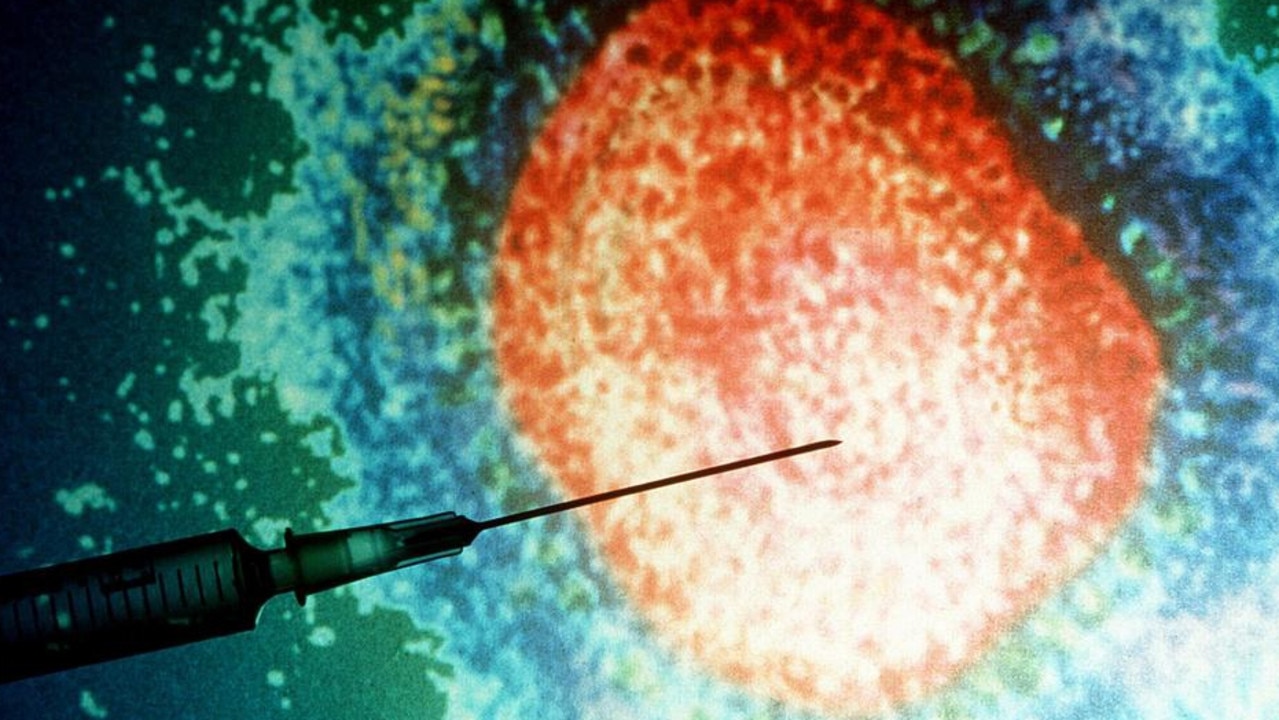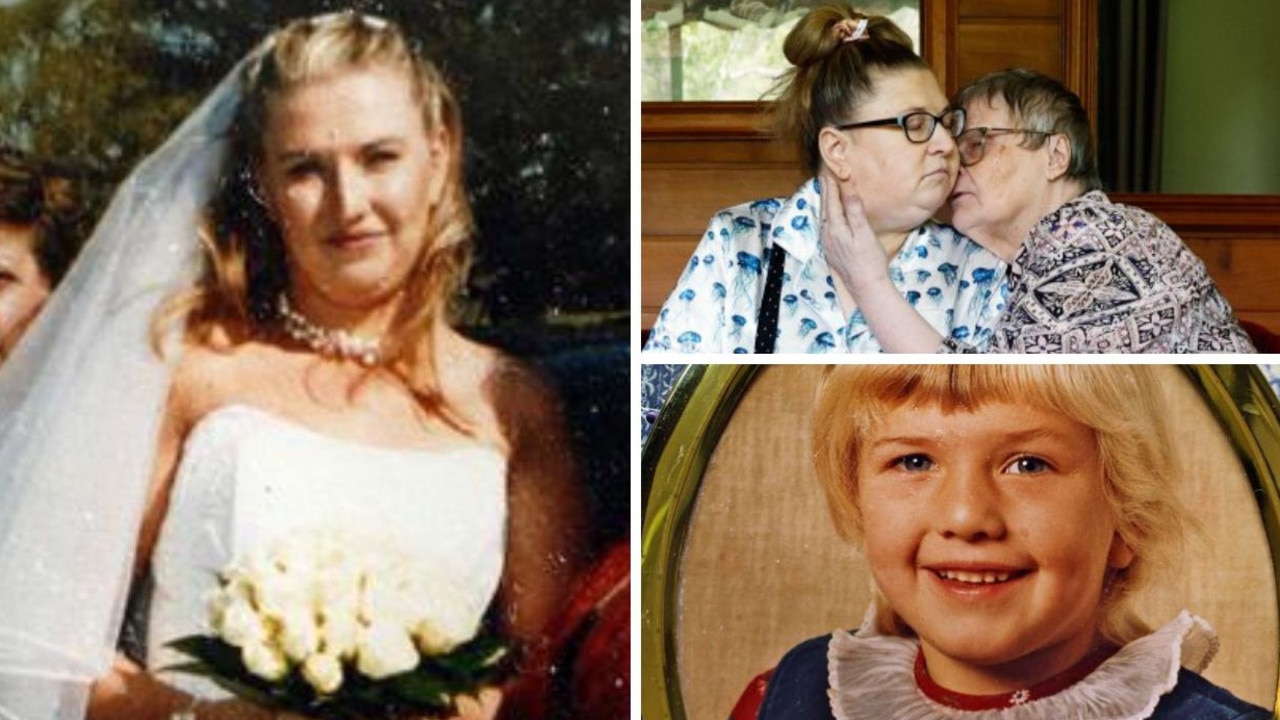NSW inquiry into workers compensation law amendment hears pandemic projections were ‘misrepresented’
An expert has said politicians exaggerated a ‘huge’ cost associated with Covid-19 that was used to justify a controversial new law.
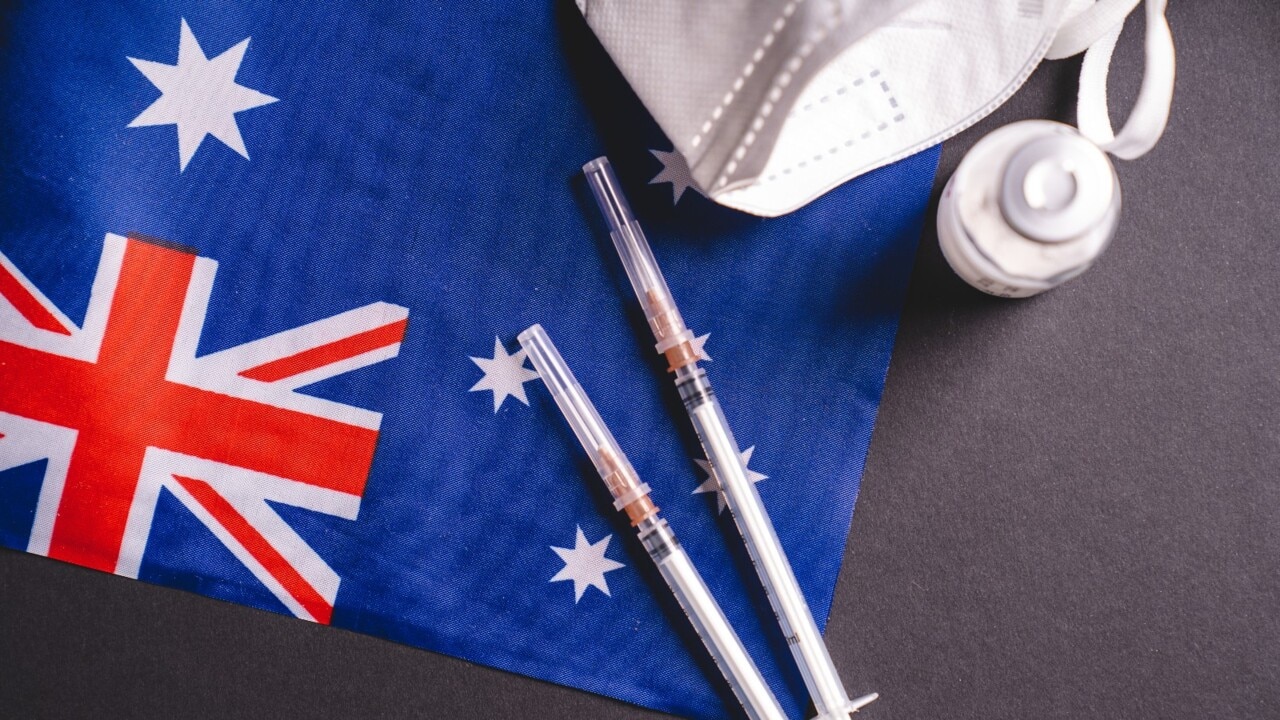
A NSW government push to make essential workers prove they got Covid-19 on the job to get workers compensation was based on “misrepresented” numbers and unlikely predictions, an inquiry has heard.
The parliamentary probe was told on Wednesday NSW would have to be hit with “nine more Omicron outbreaks in the next 11 months” to reach the projected cost of the scheme that the government is using as an argument to repeal it.
McKell institute chief executive Michael Buckland said the calculated cost of keeping the presumption in place, $638 million, was based on Doherty Institute modelling that was based on an 80 per cent vaccination rate and became obsolete before the government announced it would seek to repeal the provision.
“The Premier is rightly alarmed when he‘s presented with the huge costs some people are providing to him – but these numbers have been misrepresented and misapplied,” he said.
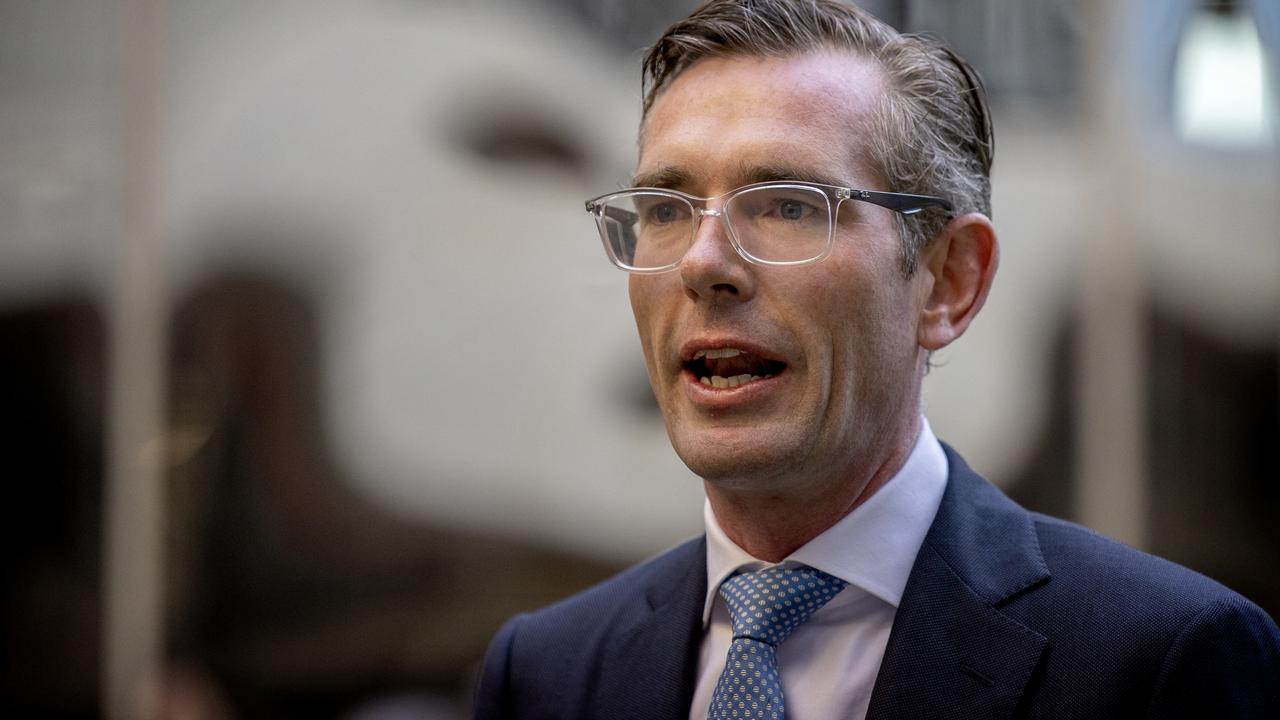
Dominic Perrottet announced in November last year his government would seek to repeal Section 19B of the Workers Compensation Act 1987, a section that says certain essential workers with Covid-19 are automatically presumed to have been sickened at work without needing to prove it.
A press release issued by Mr Perrottet’s office said the scheme could be hit with more than 25,000 extra claims over the coming year, costing the system up to $638 million.
But the inquiry heard those claims had been vastly overestimated.
Mr Buckland, who is a former Labor staffer, said that to hit the projected 25,000 claims, there would have to be 8.7 million Covid-19 infections in the state.
“In the worst month of the Omicron outbreak there were 895,000 infections,” he said.
“Therefore, to reach these claims NSW would need to experience nine more Omicron outbreaks in the next 11 months.”
The inquiry heard from business groups that supported the repeal, and from unions who opposed it.
Witnesses on both sides of the debate agreed it was increasingly hard to prove where a person acquired their infection, given the high number of community cases and challenges in contact tracing and genome sequencing.
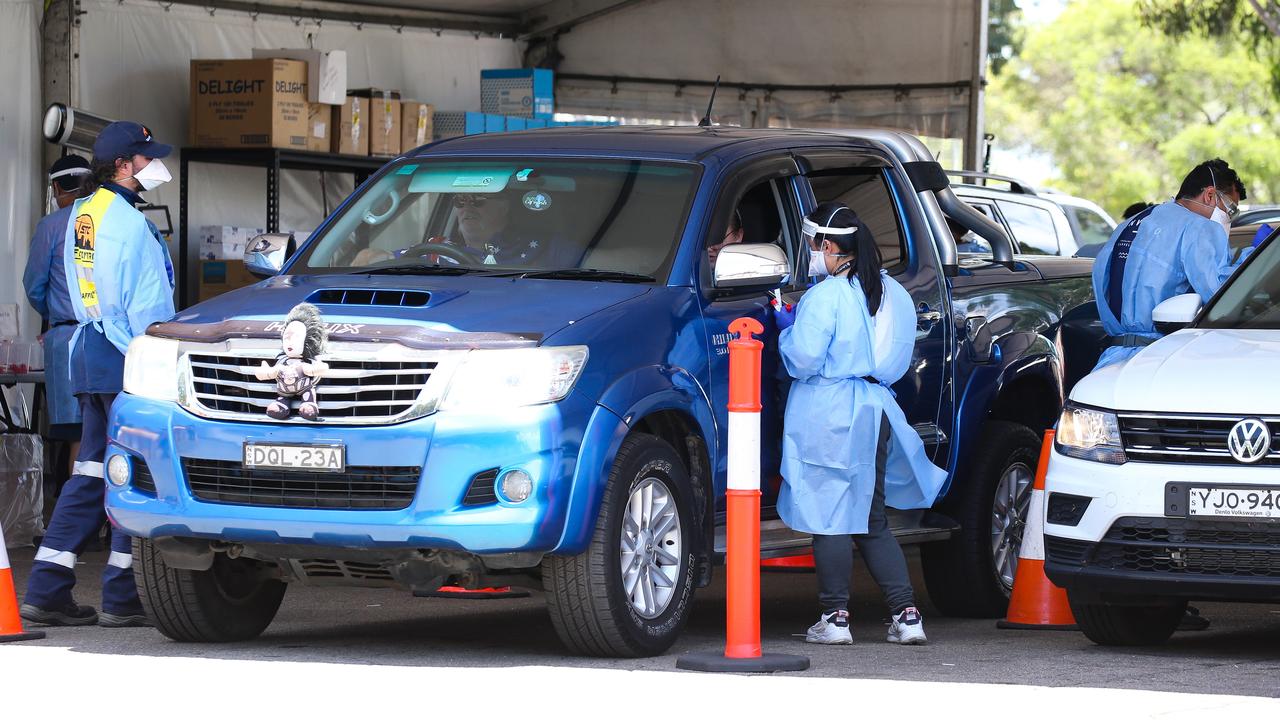
Several unions said essential workers would struggle to access compensation if the law change went ahead.
“We made this promise to them: if you contract the disease that you're working so hard to protect us from, you will be looked after,” Police Association research manager Angus Skinner told a parliamentary inquiry on Wednesday.
“Now this Bill proposes to take that protection away at a time when cases are higher than ever, and the capacity for those workers to determine where they contracted Covid-19 is more difficult than ever.”
Mr Angus told the inquiry about a police officer who became “extremely ill” and had to take a ”considerable amount of time” off work.
“It is precisely that type of member who would suffer the consequences but be unable to demonstrate that they contracted Covid at work,” he said.
The inquiry also heard about a retail worker from Castle Hill named Karen, whose compensation claim was rejected this week.
“She was off work for a month, which cost her about $3750 in leave entitlements and unpaid leave,” Shop, Distributive and Allied Employees‘ Association NSW branch secretary Bernie Smith said.
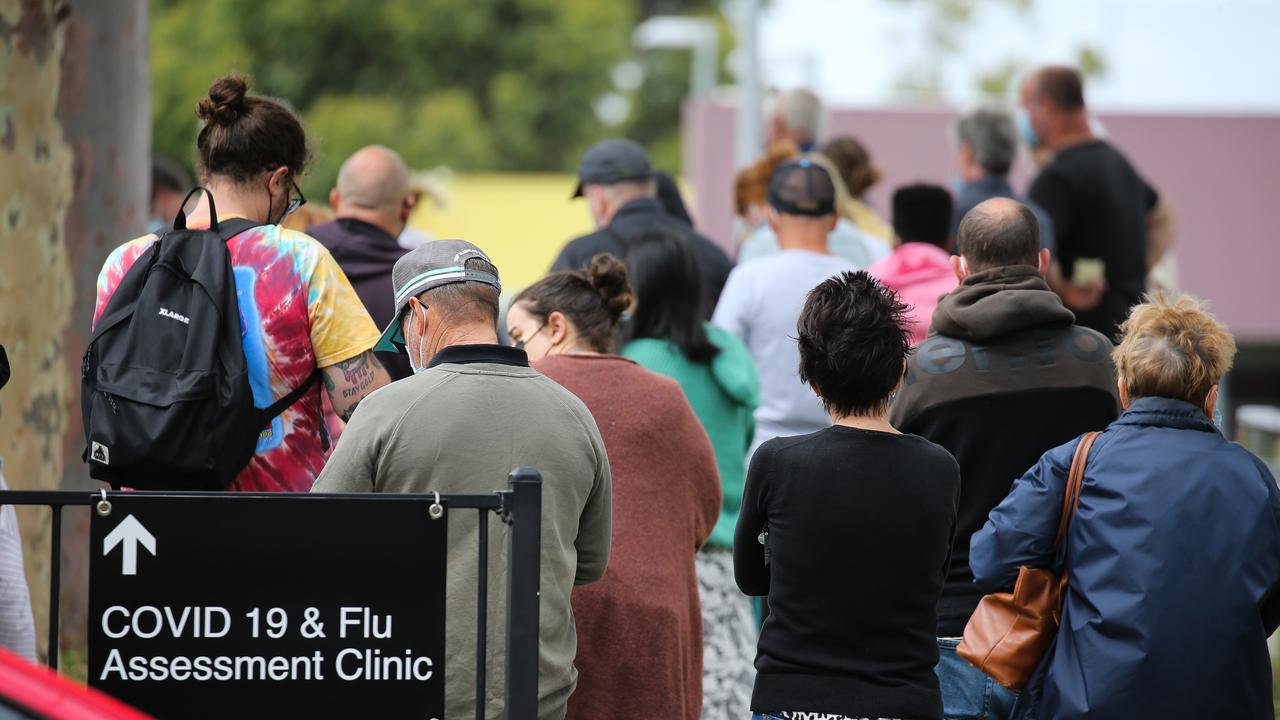
But several peak business bodies told the inquiry they supported scrapping the rule because it was unfair to employers.
“We of course, like all others, strongly support a strong and robust safety net for members of the community, including our employees,” said Australian Hotels Association NSW deputy chief executive Sean Morrissey.
“However, the workers compensation scheme is not fit for that purpose.
“It's not the appropriate vehicle as the default and presumed basis for any employee to make a workers compensation claim against their employer, in circumstances where it’s so difficult … to ascertain the true source of contracting the virus.
“This is an inappropriate and unfair cost that is being passed over to our members, to businesses and to employers, and it’s a cost they simply can’t afford in the current circumstances.”


